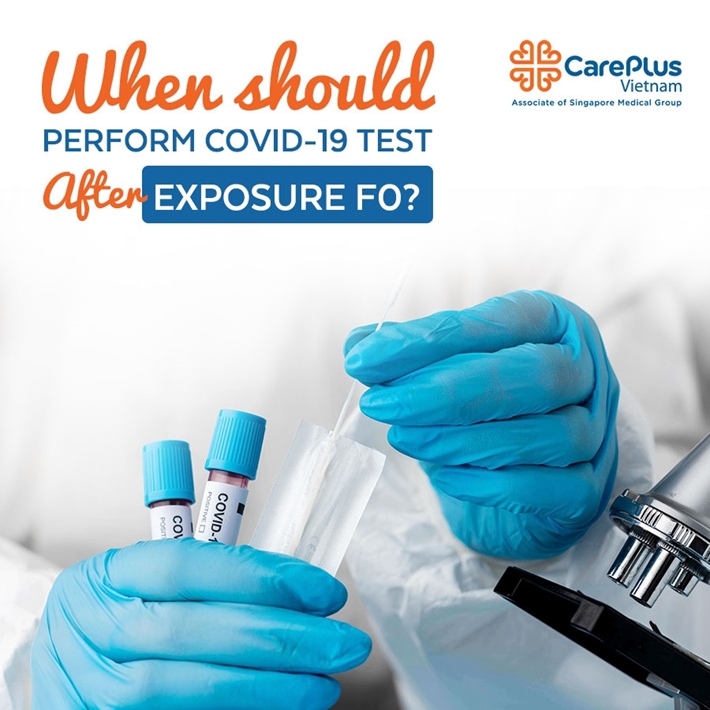When should you perform Covid-19 test after exposure with F0

11/30/2021 10:19:50 AM
Covid-19 is showing signs of raising again throughout the country. F0 in businesses and communities is about increasing. So when is the best time to test for Covid-19 to give the most accurate results after exposure to F0?
According to the US Centers for Disease Control and Prevention - CDC recommends considering the time to perform testing after exposure following cases:
- Fully vaccinated people should be tested 5–7 days after their last exposure.
- People who are not fully vaccinated should get tested immediately when they find out they are a close contact. If their test result is negative, they should get tested again 5–7 days after their last exposure or immediately if symptoms develop.
- For people who have not got vaccine: the earliest possible time to give a positive result is about 24 to 48 hours.
- For people with symptoms, if antigen rapid test is negative, take the second test after 24 to 48 hours later. If the results continue negative, RT-PCR should perform.
In addition, while waiting for testing, people, whether or not vaccinated, still need to self-isolate, avoid contact, and ensure the 5K rule so as not to infect others.
Current vaccines, although highly effective, do not eliminate 100% of the risk of infection. Even though an infected person has no symptoms, he or she can still infect others. Studies show that about 59% of people infected with F0 are asymptomatic, according to Verywell Health.
Source: HCDC, Thanh Nien Newspaper
-------
Sign up for Antigen Rapid Testing Service:
Register for RT-PCR Testing Service
- At the clinic and at your facility for 1,245.00 VND HERE
- At home and at your facility for VND 1,600,000 HERE